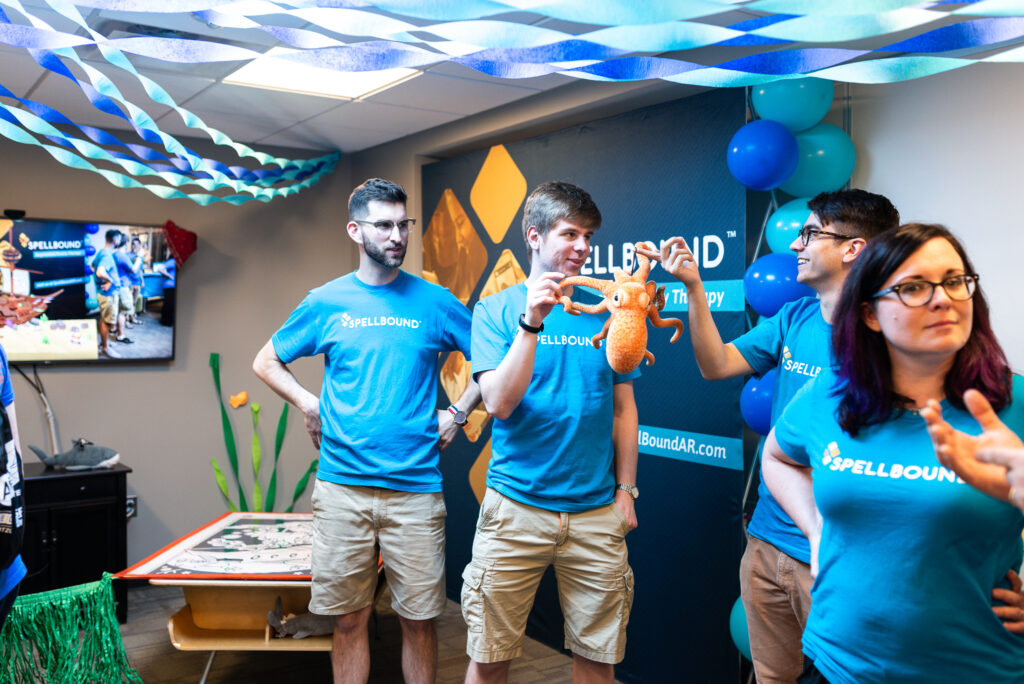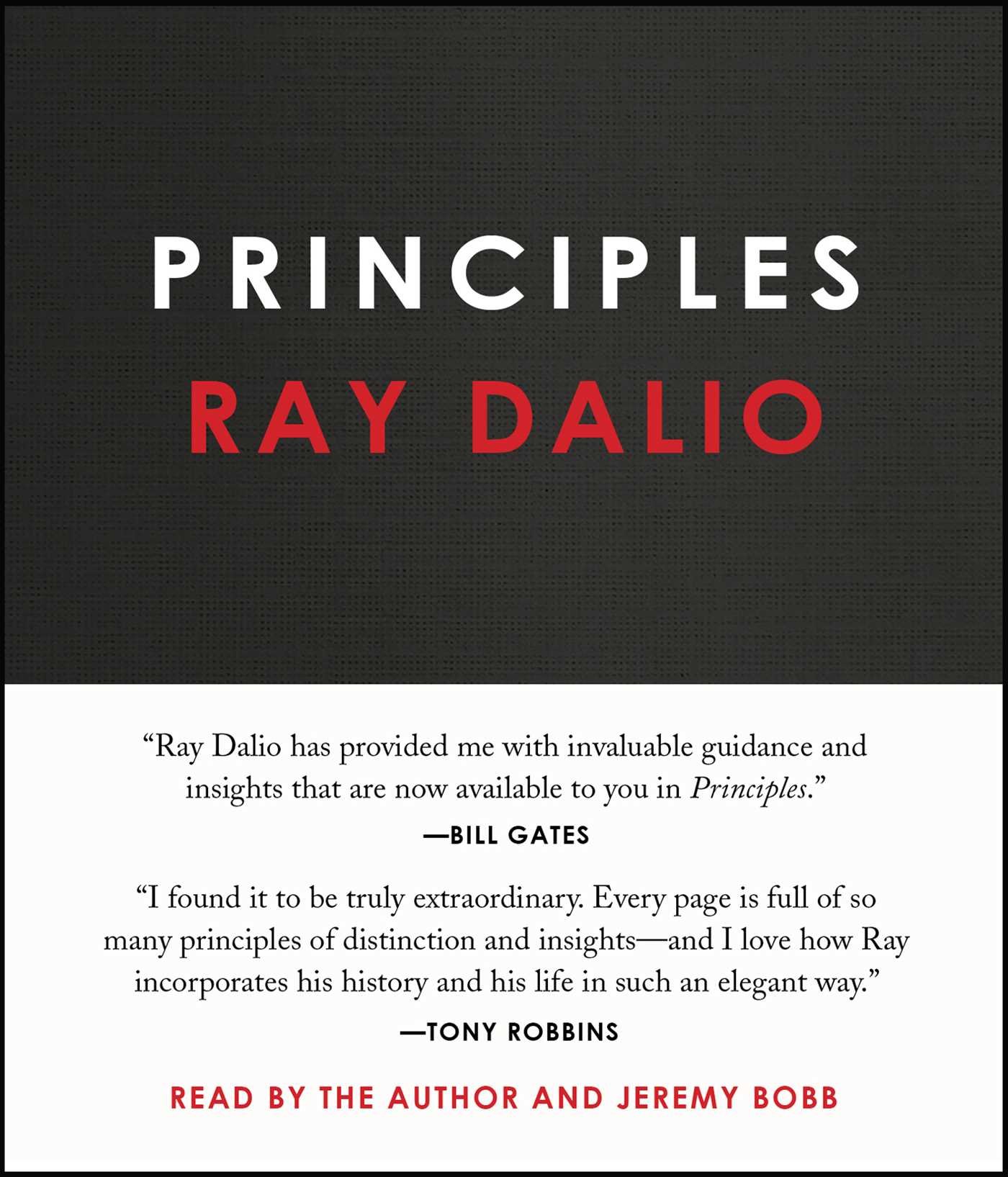Blog post by ELP Student Ilya Poltavets (Computer Science and Cognitive Science | Class of 2020)
This summer I was fortunate enough to intern at an early stage startup in which even as an intern I could contribute to strategic company decisions like pricing, the direction of the company, and interact with the CEO on a daily basis.
This allowed for a unique experience that yielded so many lessons I thought it would be unfair to not share these with the world.
There are three different types of lessons I learned during my time at SpellBound:
- Lessons that I could apply to my existing business right now
- Lessons that I could apply to whatever future startup I might start
- Lessons that I could apply to my life that were not necessarily business related.
To differentiate between 1 and 2, I want to give some background.
I am currently working on my own animated video business that I want to grow and help people with. The business is based on a real need I saw in the world, it’s somewhat differentiated from the other companies online (still working on this), and I have some clients who find it useful.
However, I wouldn’t call it a startup.
To me, the word “startup” should be used when talking about companies that are working on something groundbreaking or new. Companies that are creating something disruptive or something that will change the way an industry works, even in a tiny manner.
What I have, and what many other people call “startups” is a business. And that’s not to say that there’s anything wrong with having one or the other, because they’re both based on creating value and improving the world. But I think the term startup is applied too widely due to the “sexy” nature of the term.
I’m not breaking any huge molds with my business. Neither is someone who is starting a web design or marketing agency, or someone who created an app is now trying to get people to use it unless it’s a truly groundbreaking idea.
Are these businesses useful? If they have clients, the answer is yes. But do they deserve to be called “startups?” I don’t think so.
So there are lessons that can be applied to a business, lessons that can be applied to a startup, and lessons that can be applied to both, and I think having that separation is important.
Lessons I Can Apply to My Business Right Now
Now that I’m done with my rant, it’s time to take a look at the lessons I learned that I’ve already applied, or plan to apply to my current business.
Have a Strategy, but Be Flexible
The CEO of SpellBound, Christina, often mentioned the importance of strategy and how having one will make you stand out from the competition.
So many people are running around trying anything and everything they can, without thinking about how it ties in with their long-term goals.
You can spend weeks, months, and even years working on something and then realize that it does not align at all with the direction you want your company to go in.
Sure, the startup world is hectic. But having a general strategy for where you’re looking to get to in 1 year, 3 years, and 5 years is useful for seeing whether you’re heading in the right direction of whether you’re just running in circles.
I haven’t thought too deeply about how I could grow my current company, or what my long-term goals with it would be until this internship, and now I have a more clear plan about the different directions I could go into and how what I’m currently working on ties into those plans.
You Don’t Know How Much You Don’t Know
We often had meetings in which I realized I wasn’t thinking nearly deep enough about the problem at hand.
I had these surface level ideas based on my limited knowledge, and I didn’t even realize how limited my knowledge was!
Throughout the summer this led to me constantly asking myself whether my ideas are based on a solid foundation, or if I just gained a surface level of understanding that allowed me to sound smart without actually knowing what I was talking about.
This lesson made me realize that there is a number of things with my current company I’m unclear on and I should work on figuring out like:
- Why did I choose the target market I chose?
- Are they truly the best market to start with?
- What assumptions have I made about the business model, the market, and the company that don’t have a sound basis?
Lessons for my Future Startup
While the lessons below could also be applied to my current business, I felt they were more applicable to something I would do in the future.
The Team is Everything
I never realized how important the team is until I interned at SpellBound. I’ve read many blog posts about it and heard other people mention it, but I never experienced the difference an amazing team can make.
I was excited to go to work every day. I was excited to solve problems with my coworkers. I knew that they were skilled and trusted them in their work and they trusted me with mine even though I was just an intern.
We got work done and were able to have fun while doing it, and the work environment was inspiring and going to work wasn’t a chore.
It Takes Time
The overnight successes don’t exist, or they’re so rare that they might as well not exist.
Most of the overnight successes you see are from people who have been working for years with not much to show for it, and then eventually they “hit it big.”
One of the companies on my floor was on the brink of failure for YEARS before they started expanding like crazy. Those who didn’t see the hard work the founder has put in saw it as an overnight success, but those who were in the know realized that the behind the scenes success was actually years in the making.
Lessons for Life
While all of these lessons can be applied to startups, business, and life in general, I felt that these are more universal than the ones above which is why they get their own section.
Don’t Argue to Win, Argue to Understand and Figure Things Out
Many people have the tendency to argue with the goal of convincing the other person they’re wrong. Some even do this by attacking the other person instead of questioning the ideas the other person might hold, but that’s not productive.
However, even if we know it’s unproductive, many of us still do it because it’s what we’ve been wired to do. We look at the argument as “us vs them” when we should be looking at it as “us vs the ideas we both hold.”
I’m combining the lessons I learned at work with lessons from Principles by Ray Dalio so it’s only fair to mention what he says.
His idea is that all of us have mental models and certain ways we see the world, and if we disagree on how to accomplish something while having a similar why, we should celebrate the disagreement and look at it as an opportunity to correct how we both view the world and come to a better “truth.”
An example he gives is two coworking arguing about a certain marketing campaign. They both want the business to succeed (similar why), but disagree on how to actually do it. After talking about their ideas they might come to a more neutral conclusion that is best for the company, but that means that you have to have:
Strong Opinions, Weakly Held
I’m not sure where I first heard this so I can’t provide a source, but this is something I encountered at SpellBound all the time.
Two people have very strong opinions because they understand the topic well and they’ve based their opinions on a solid foundation. They’re arguing with each other, but they aren’t holding on to their opinions too strongly because they realize they might have missed something or their opinions might not be based on the right data.
There were many meetings where I or someone else was arguing with Christina about the best way to do something, and we would end up coming to an agreement that we both thought was better than our original opinions.
Conclusion
There are many things I learned this summer that I’ve written about above, but many of the things I learned are not something I can verbalize.
Seeing the way Christina ran the company, how my coworkers worked together, and how the different companies on my floor interacted provided lessons to me on an unconscious level that I can’t verbalize but that will likely influence my decision making for a long time.
So… if you ever have a chance to immerse yourself into an environment like this one that is in line with your goals- don’t even think about it. Just do it!


